#strongarm family
Explore tagged Tumblr posts
Text
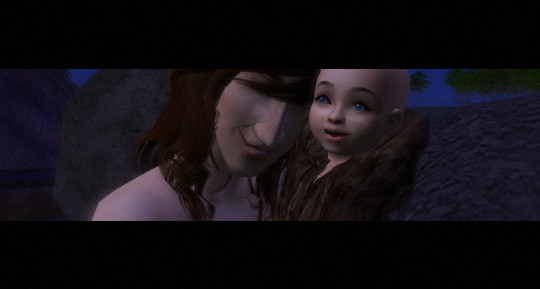
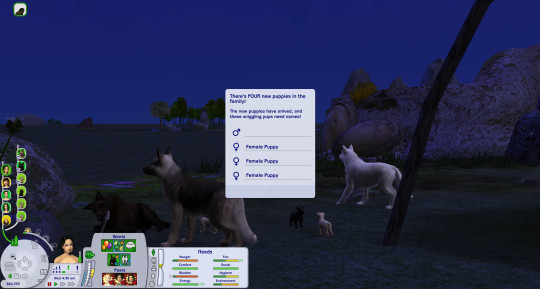
The fourth round with the Strongarm household starts with babies! Tema gives birth to a daughter named Egla and Koh Oug has four puppies. The female puppy gets the name Mazzi. The boys are named Chebnar, Snobek and Uuzo.
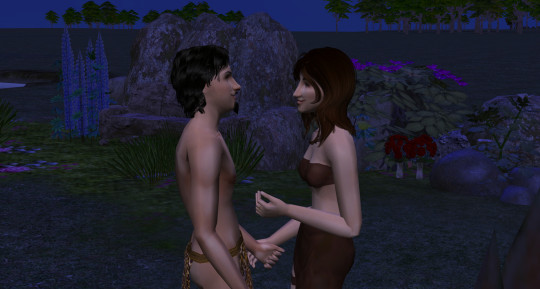
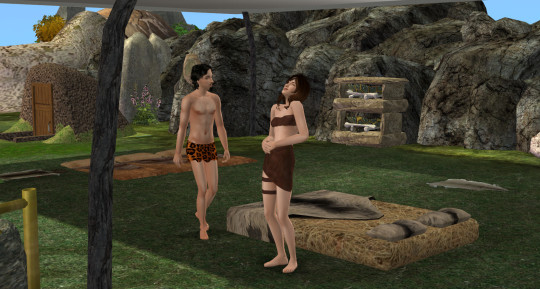
The next day Tema and Julien go on a date because Tema has a want. It ends in a dream date and Tema gets pregnant again.
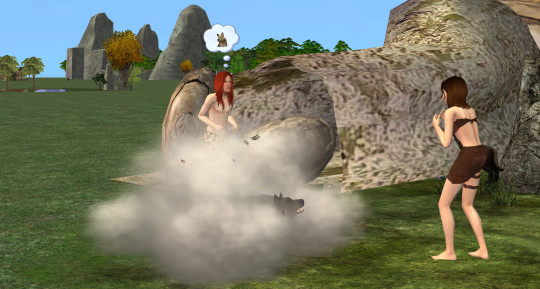
Snobek and Mazzi get into a fight. Apparantly the puppies have grown up!
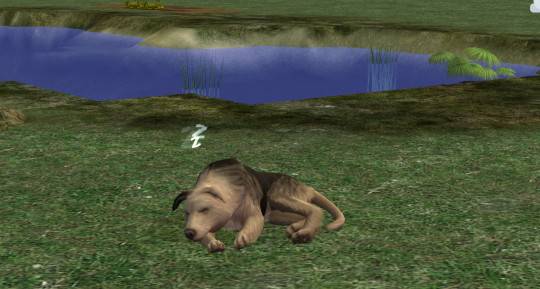
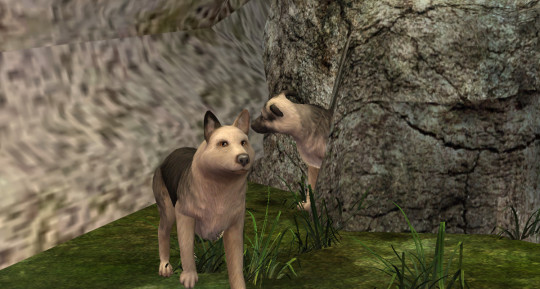
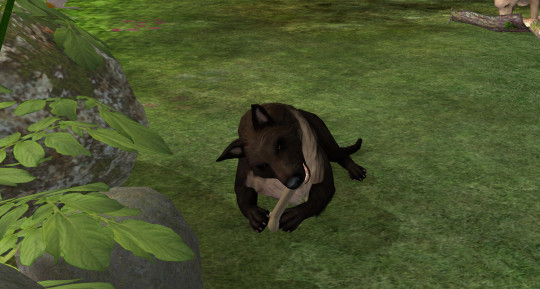
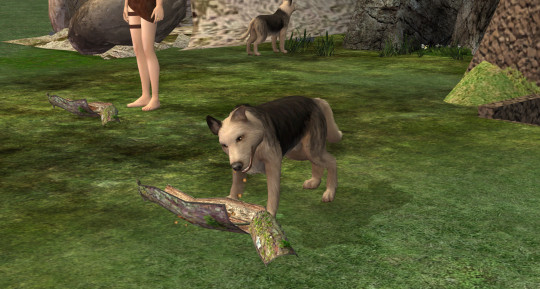
And here they are: Chebnar, Mazzi, Snobek and Uuzo. I Especially like how Snobek has turned out.
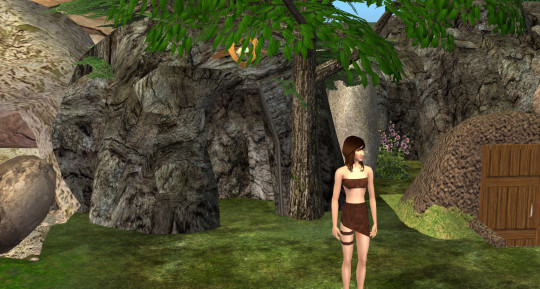
Julien has a want to marry Tema. I'm having an issue where the propose interaction is not showing up and I don't feel like tracking down the cause now. Just before this round I've taken time to resolve some other problems and I don't want to do it again. So I bought a hacked wedding arch and hid it in this arched rock, I really like how it turned out, with just the heart showing.

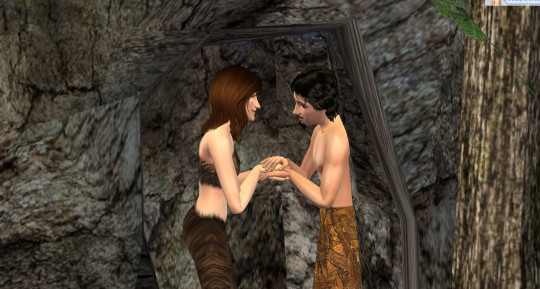
Before Julien and Tema can get married, Egla grows up to a toddler.
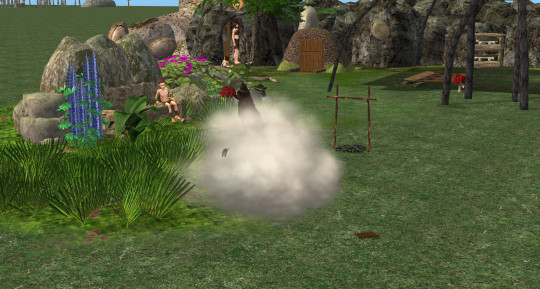
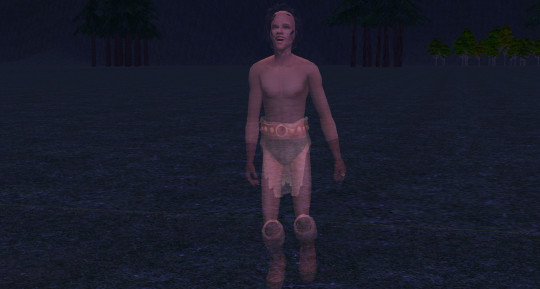
Snobek and Uuzo get into a fight and ghost Cled shows up for a visit, he doesn't bother anyone though.
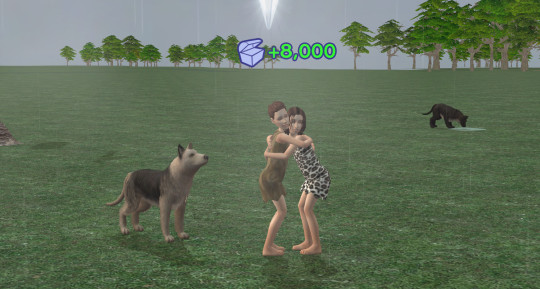
Vac becomes master of Mazzi but before I can take a picture Vatzoc comes to give him a hug. Still a cute picture.
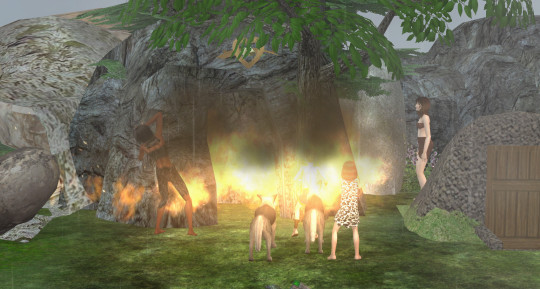
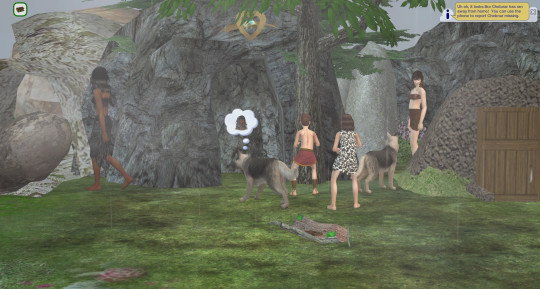
The lightning causes a fire on the lot. Everyone runs over in a panic, even walkby Andrea Hogan.
Right after the fire Chebnar runs away from home.
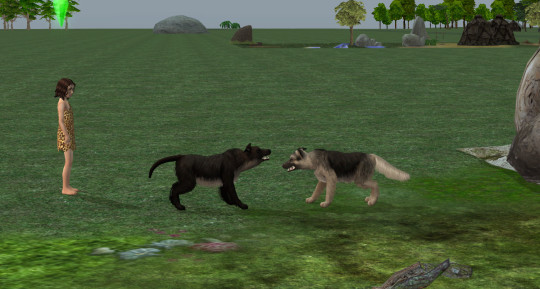
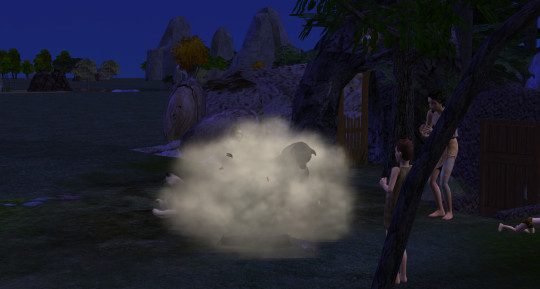
Snobek picks a fight with Koh. He keeps getting into fights with the other dogs. I think they'll need to find a different home for him in the next round.
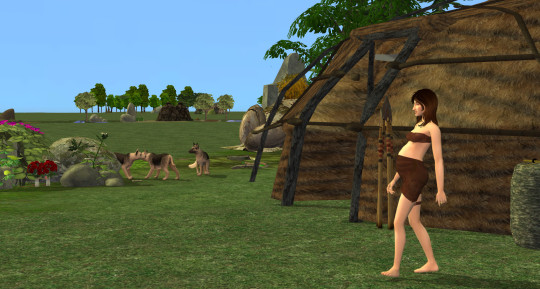
By the end of the round Tema's pregnancy is showing. We'll see the baby next time.
#sims 2 pictures#sims 2 gameplay#test of time challenge#gleamingbeachr4#strongarm family#Tema Strongarm#Julien Cooke#Tema Cooke#Vac Strongarm#Vatzoc Strongarm#Egla Cooke#Cled Strongarm
1 note
·
View note
Text





The Strongarms spend their week socializing with the neighbours. Cled takes care of the gardening and fishing and Tema hunts. Tema is soon pregnant and gives birth to twin boys they name Vac and Vatzoc. They all sleep together in a yurt so the parents do not get much rest but they make it through this rotation fine.
#gleamingbeach#test of time challenge#sims 2 pictures#sims 2 gameplay#Strongarm family#Cled Strongarm#Tema Strongarm#Vac Strongarm#Vatzoc Strongarm#GleamingBeachR1
2 notes
·
View notes